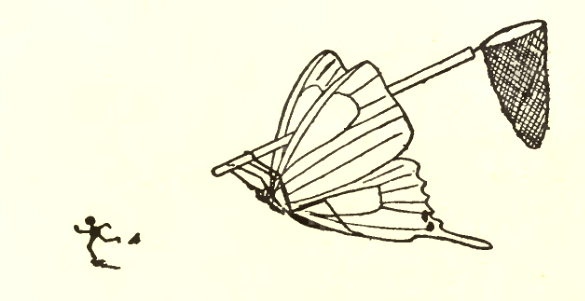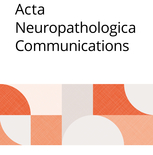 Researchers in Norway have retracted a second high-profile exercise paper — again after running afoul of an ethical approval committee.
Researchers in Norway have retracted a second high-profile exercise paper — again after running afoul of an ethical approval committee.
As part of the 2016 study, the researchers gave athletes asthma medication to measure its effect on signals from the nervous system to the lungs; although the drug appeared to have no detectable effect on the nervous system signals, 45 minutes after getting the drug, athletes (including those without asthma) showed an average slight increase in one measure of lung function.
Annette Birkeland, of The Norwegian National Research Ethics Committees (FEK), told us:
Continue reading Second paper tied to drug scandal in Norway ski team retracted

 Title:
Title:  A paleontology journal has retracted a recent paper after discovering it had published the
A paleontology journal has retracted a recent paper after discovering it had published the  A journal has retracted a
A journal has retracted a 
 A researcher whose
A researcher whose 
 A company that indexes journals — which, in turn, designates their impact factors — has delisted
A company that indexes journals — which, in turn, designates their impact factors — has delisted 